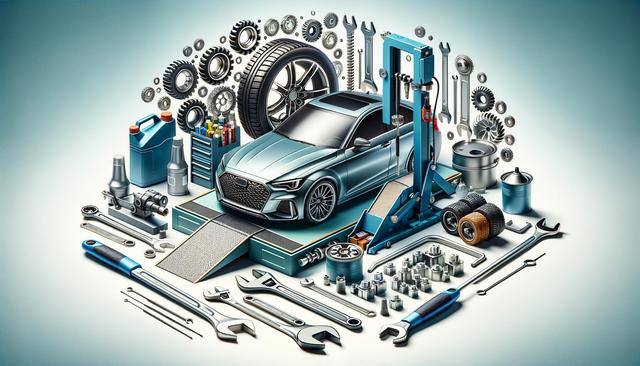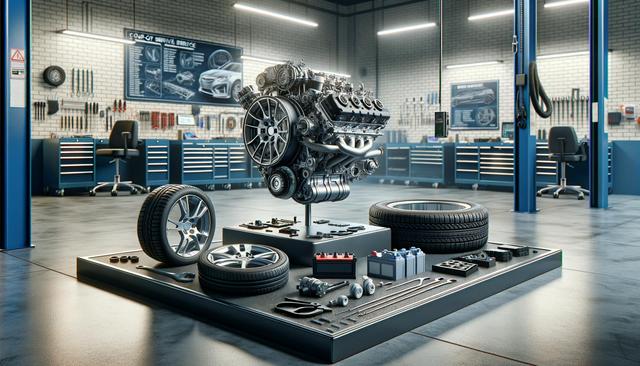
What’s the Best Way to Compare Tech Specs?
In today’s rapidly evolving tech landscape, comparing tech specs can be a daunting task, but it’s crucial for making informed decisions whether you’re purchasing a new gadget or upgrading your current setup.
Understanding how to effectively compare tech specs can make all the difference in choosing the right technology for your needs. This blog post delves into expert opinions, relevant statistics, personal anecdotes, and actionable tips to help you navigate the complexities of tech specifications.
Why Comparing Tech Specs is Important
Tech specs provide a snapshot of a device’s capabilities and performance potential. According to a study from Consumer Reports, 70% of buyers rely on tech specifications when making purchasing decisions. Understanding these details ensures that your purchase aligns with your needs and future-proofs your investment.
Expert Opinions
“Understanding tech specs is essential for making informed decisions. It’s like reading a product’s DNA,” says a senior analyst at a leading tech review site.
Key Factors to Consider
Processor
The processor is the brain of your device. Higher clock speeds and more cores generally mean better performance. For instance, if you’re into gaming or video editing, opting for a multi-core processor with a high clock speed is essential.
RAM
RAM affects how many tasks your device can handle simultaneously. More RAM is beneficial for multitasking and running memory-intensive applications. A minimum of 8GB is recommended for most users, while power users might need 16GB or more.
Storage
Consider both the type (HDD vs. SSD) and the amount of storage. SSDs are faster but more expensive, while HDDs offer more space for less money. A combination of both, known as a hybrid drive, can provide a good balance.
| Feature | Good | Better | Best |
|---|---|---|---|
| Processor | Dual-core | Quad-core | Octa-core |
| RAM | 4GB | 8GB | 16GB |
| Storage | HDD | SSD | Hybrid |
| Battery Life | 5 hours | 8 hours | 12 hours |
| Display | HD | Full HD | 4K |
| Graphics | Integrated | Dedicated | Dedicated High-end |
| Ports | USB 2.0 | USB 3.0 | USB-C |
| Operating System | Basic | Standard | Pro |
Personal Anecdotes
When I was shopping for a new laptop, I initially overlooked the importance of an SSD. My previous laptop had an HDD, and the difference in speed was night and day. The SSD made my workflow much smoother and more efficient.
Actionable Tips
- Always check multiple reviews from reputable sources to get a well-rounded view.
- Use comparison tools available on tech websites to see side-by-side spec lists.
- Consider your specific use case—what’s vital for a gamer might not be for a writer.
Pro Tip: Pay attention to the release date of the technology. Newer isn’t always better, but it often means longer support and more features.
Frequently Asked Questions
FAQs
What specs are most important for gaming?
For gaming, focus on a high-performance GPU, a multi-core processor, and at least 16GB of RAM.
Is more RAM always better?
More RAM helps with multitasking and running complex applications, but it’s essential to balance it with other components like the processor and storage.
Should I choose an SSD over an HDD?
SSDs are faster and more reliable, but they are also more expensive. For the best of both worlds, consider a hybrid drive.
Conclusion
Comparing tech specs doesn’t have to be overwhelming. By focusing on key features like the processor, RAM, and storage, you can make more informed decisions that suit your needs. Remember to consult multiple sources and consider your specific requirements before making a purchase. Happy tech hunting!


